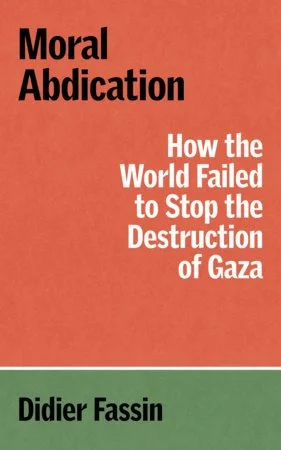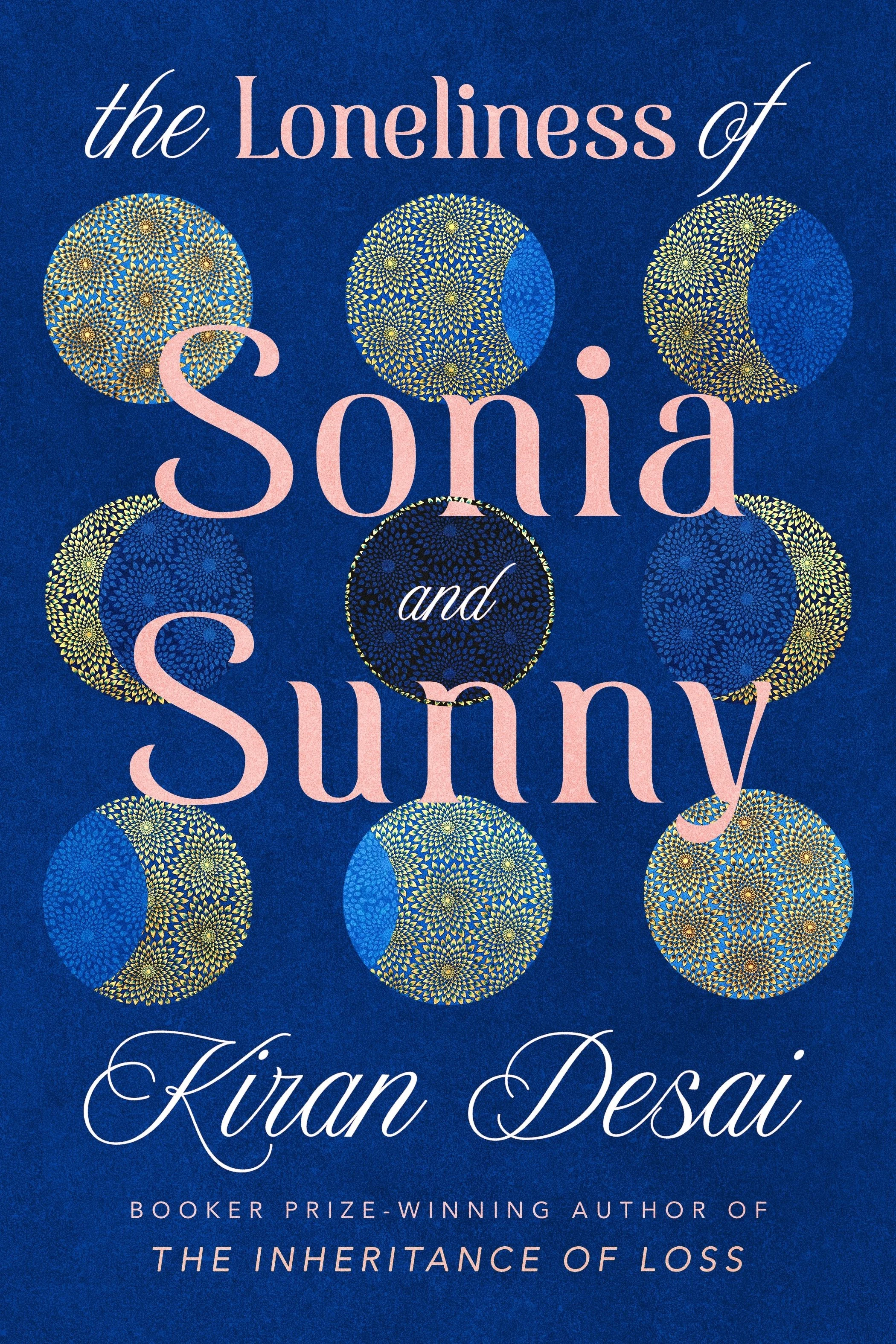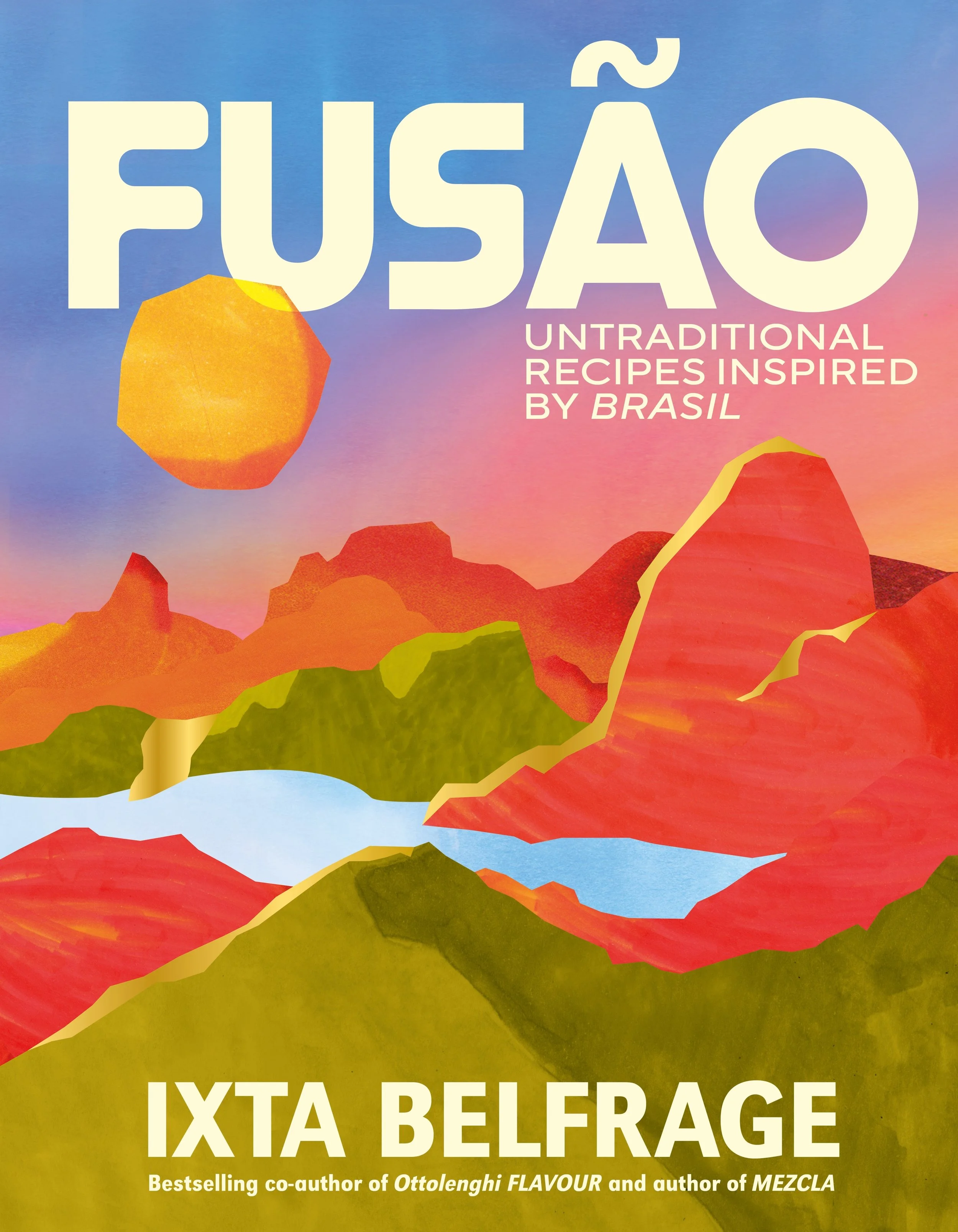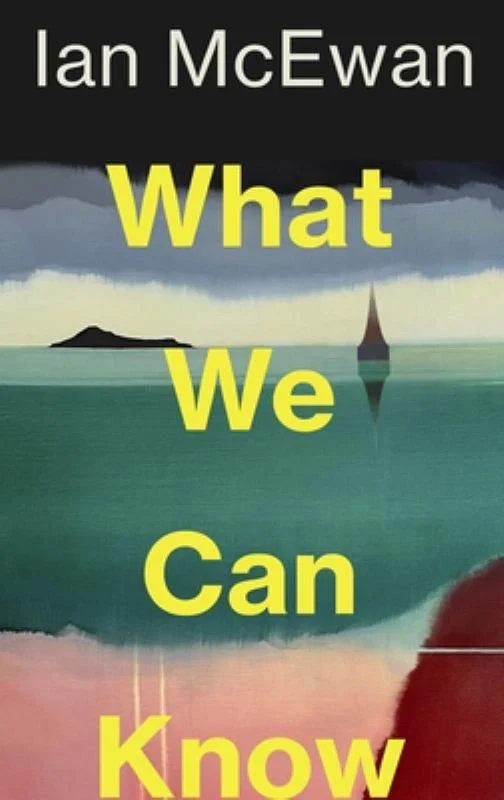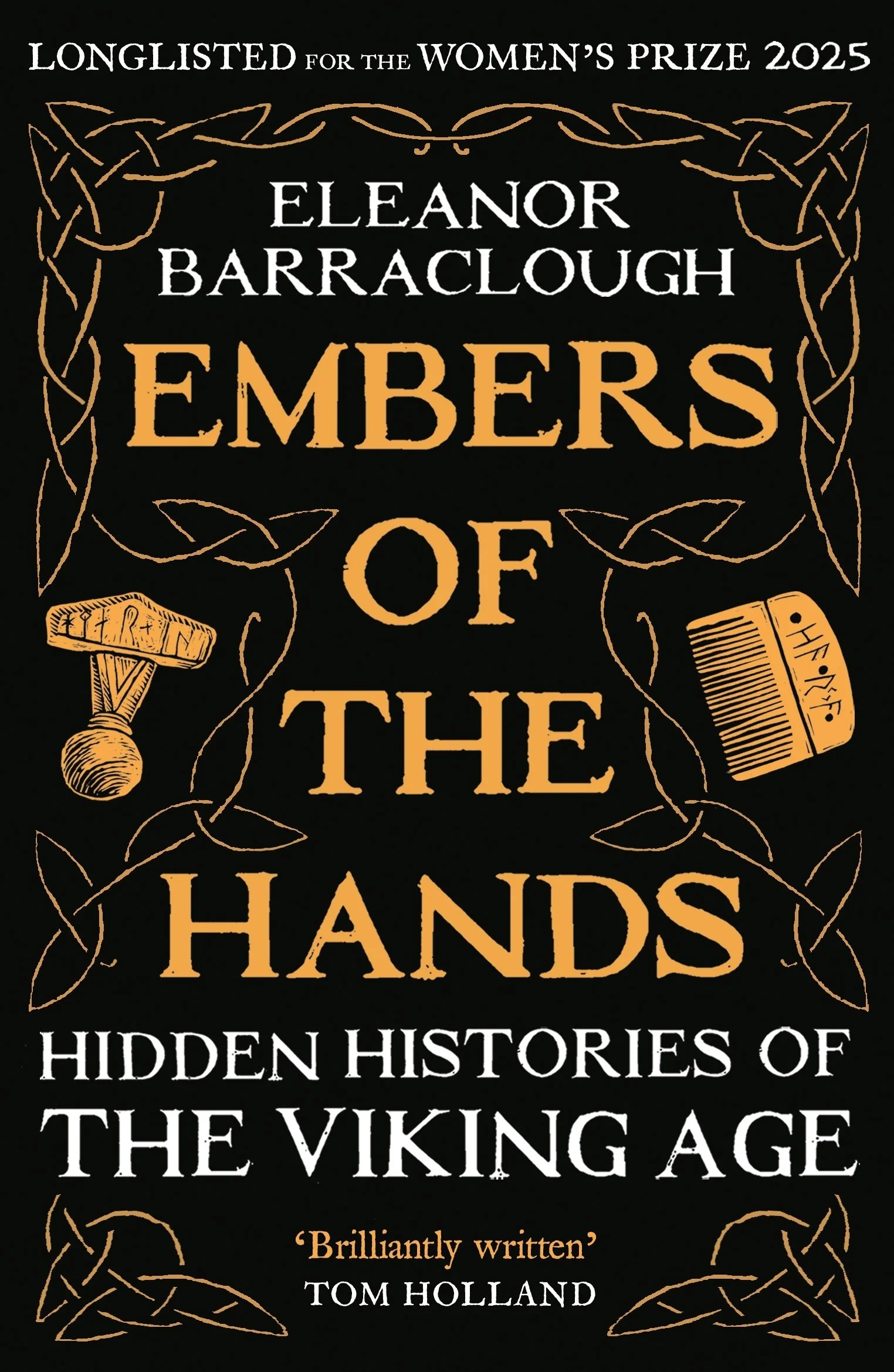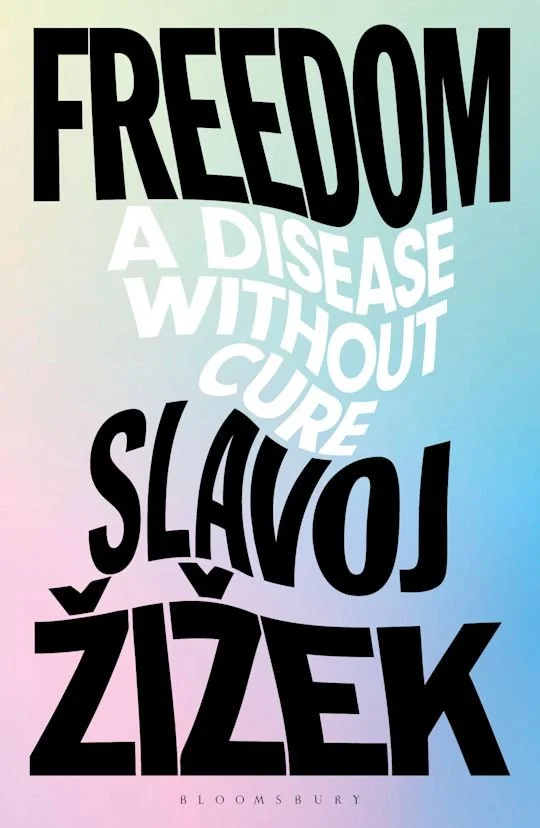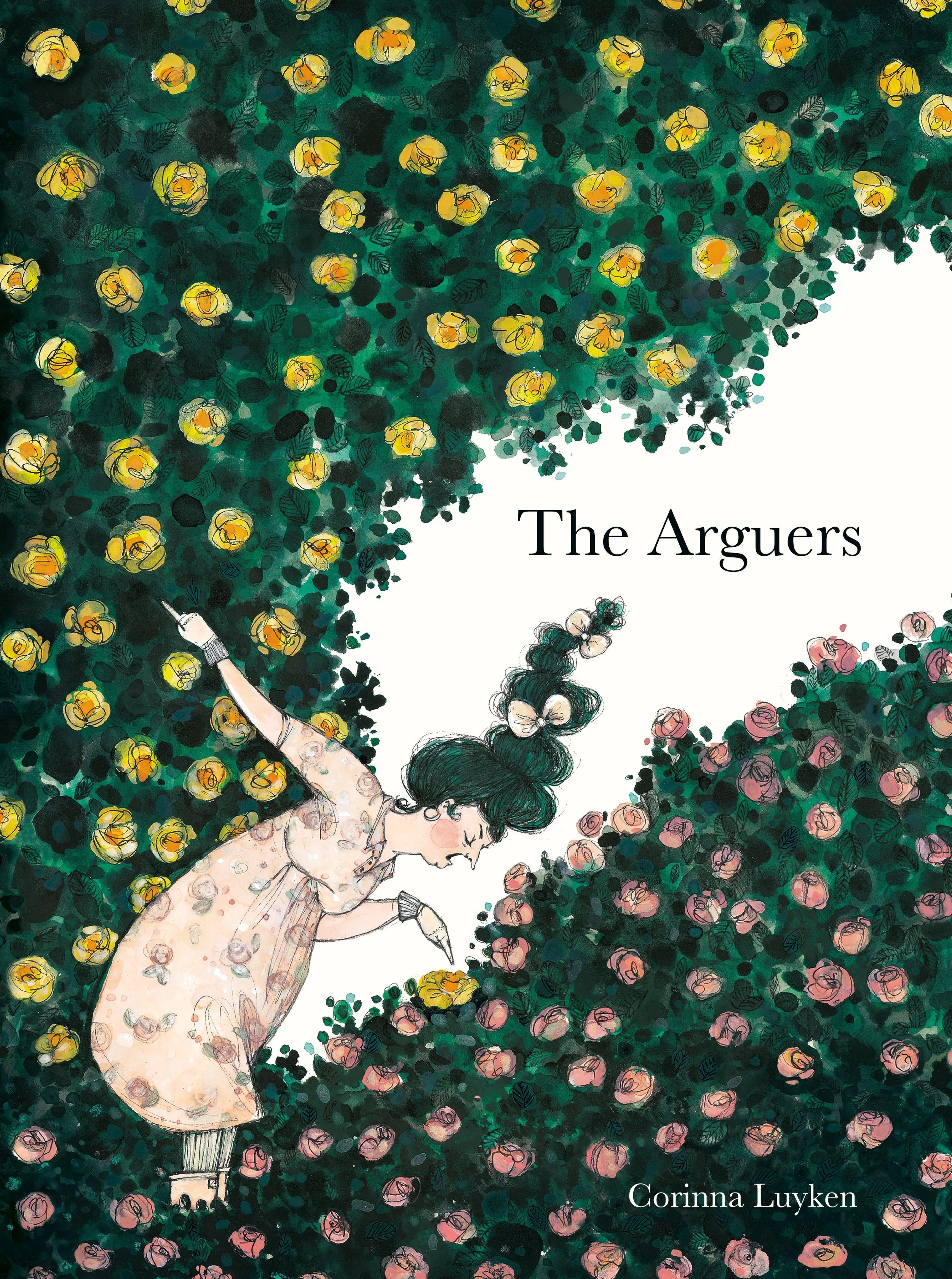NEW RELEASES (6.10.25)
All your choices are good! Choose your next books from our selection of NEW RELEASES. Click through to our website (or just email us) to secure your copies, and we will dispatch your books by overnight courier or have them ready to collect from our door in Church Street, Whakatū.
Moral Abdication: How the world failed to stop the destruction of Gaza by Didier Fassin $25
Consent to the obliteration of Gaza has created an enormous gulf in the global moral order. History will record how Western governments and large sections of their elites have supported the war waged by Israel against Palestinians after Hamas s attack on 7 October 2023 and silenced voices calling for a ceasefire, a just peace and a respect of international law. Not only buildings have been devastated and civilians massacred, but also language and thought have been damaged. Providing an archive of the first six months of the war nourished by multiple sources, the book examines how the past of occupation and oppression of Palestine has been negated, how a vocabulary and a grammar of facts have been imposed, how accusations of antisemitism have produced censorship and self-censorship, how mainstream media have been restrained and biased. It addresses the acceptance of the unequal worth of lives and the differential treatment of deaths. It questions the invocation of the existential threat for Israel and the debt contracted because of the Holocaust. It analyses how the geopolitical and economic stakes in the Middle East and the growing rejection of Muslims and Arabs have contributed to the abdication of values and principles claimed as foundational. [Paperback]
"One of the outcomes of the ongoing genocide in Gaza has been a total collapse of any semblance of moral authority on the part of the West. Didier Fassin's book surveys this moral abdication, focusing on how many western states and institutions have actively consented to the destruction of Gaza, particularly by obstructing and criminalising Palestinian solidarity. By foregrounding students and other activists who have defended the basic rights of Palestinians, the book also seeks to 'attest to the existence of a refusal, shared by many, of consent to the obliteration of Gaza'." —Irish Times
"A powerful book. How is it possible, Fassin asks, that with rare exceptions, 'for political leaders and intellectual personalities of the principal Western countries the lives of Palestinian civilians are worth several hundred times less than the lives of Israeli civilians'? How do we explain why 'demonstrations and meetings demanding a just peace are banned'? Why is it that 'without independent confirmation, most of the mainstream Western media quasi-automatically reproduce the version of events relayed by the camp of the occupiers, while incessantly casting doubt on that recounted by the occupied'? Why do 'so many of those who could have spoken, not to say stood up in opposition, avert their eyes from the annihilation of a territory, its history, its monuments, its hospitals, its schools, its housing, its infrastructure, its roads, and its inhabitants-in many cases, even encouraging its continuation'?" —Omer Bartov, The New York Review of Books
The Loneliness of Sonia and Sunny by Kiran Desai $38
In this long-awaited, exquisitely written novel from the author of The Inheritance of Loss, two young people navigate the many forces that shape their lives — country, class, race, history, and the complicated bonds that link one generation to the next. Sonia, an aspiring novelist who recently completed her studies in the snowy mountains of Vermont, has returned to her family in India, fearing she is haunted by a dark spell cast by an artist to whom she had once turned for intimacy and inspiration. Sunny, a struggling journalist resettled in New York City, is attempting to flee his imperious mother and the violence of his warring clan. Uncertain of their future, Sonia and Sunny embark on a search for happiness together as they confront the many alienations of our modern world. [Paperback]
“This novel about Indians in America becomes one about westernised Indians rediscovering their country, and in some ways a novel about the Indian novel’s place in the world. Vast and immersive, the book enfolds a magical realist fable within a social novel within a love story. We loved the way in which no detail, large or small, seems to escape Desai’s attention, every character (in a huge cast) feels fully realised, and the writing moves with consummate fluency between an array of modes: philosophical, comic, earnest, emotional, and uncanny.” —2025 Booker Prize judges’ citation
>>Find out more!
Fusão: Untraditional recipes inspired by Brasil by Ixta Belfrage $70
Belfrage takes her Brazilian heritage and experiences as bases from which to build fusion recipes that expand the cuisine into new realms of flavour. Interesting writing, intelligent recipes, and photographs of food ‘happening’ in Brazil make this a stimulating and enjoyable book for any kitchen shelves. [Hardback]
”Ixta Belfrage's focus on the Brazilian food of her heritage bears the bold stamp of her characteristic, rambunctious creativity, espousing a jubilant fusion that's both coherent and convincing, but above all delicious.” —Nigella Lawson
”I love how Ixta's food takes you on a journey of discovery into the uncharted universe of fusion flavours — an experience we should all, and absolutely must, embrace.” —Sami Tamimi
”There is this thing — a style, a flavour, a hue — which is so unmistakably Ixta and so downright delicious. Her kind of creativity is both a one-off and, at the same time, deeply grounded in the cultures that produced her. Not many cooks can come up with this kind of magic with such incredible flair.” —Yotam Ottolenghi
”I was lucky enough to work alongside Ixta for some years - her cooking style always did and continues to strike me as compelling, innovative and unapologetically unique. Fusao is the book Ixta has always wanted to write, and she does it beautifully - straddling all the truest parts of herself, the diversity of her culture and of course, the bold flavours that make Ixta's food so special. I want to learn and devour it all.” —Noor Murad
>>Look inside!
>>All food is fusion.
>>A taste of Brazil.
What We Can Know by Ian McEwan $38
2014: A great poem is read aloud and never heard again. For generations, people speculate about its message, but no copy has yet been found. 2119: The lowlands of the UK have been submerged by rising seas. Those who survive are haunted by the richness of the world that has been lost. Tom Metcalfe, an academic at the University of the South Downs, part of Britain's remaining island archipelagos, pores over the archives of that distant era, captivated by the freedoms and possibilities of human life at its zenith. When he stumbles across a clue that may lead to the lost poem, a story is revealed of entangled loves and a crime that destroy his assumptions about people he thought he knew intimately well. [Paperback]
”What We Can Know may well have created a new genre: the postapocalyptic campus novel. Imagine A.S. Byatt's Possession crossed with Cormac McCarthy's The Road. Dark academia meets the big ideas novel, all conveyed in McEwan's trim, beautifully ordered sentences.” —Johanna Thomas-Corr, Sunday Times
People With No Charisma by Jente Posthuma (translated from Dutch by Sarah Timmer Harvey) $35
A darkly humorous novel about multigenerational family dynamics and individuality in Dutch suburbia. An unnamed narrator grows up overshadowed by her unconventional mother, an ex-Jehovah's witness and former television star with an inferiority complex. Her father is the head of a psychiatric institution, whose only form of parenting is to offer his daughter the same life advice he dispenses to his patients. Reserved and somewhat aloof, he chooses not to intervene when his wife obsesses about charisma, calorie counting, and turning their daughter into a child prodigy. Their daughter strives to meet her mother's expectations and bond with her father while secretly worrying she lacks the drive or charisma to do anything significant with her life. When her mother is diagnosed with terminal cancer, she begins to address their generational trauma, forge a new relationship with her father, and discover life on her terms. In twelve chapters — each reflecting a different phase of life — Posthuma expertly dissects a fraught family history, exposing the absurdity that often lies at the heart of life's most poignant and challenging moments. From the author of What I’d Rather Not Think About. [Paperback]
”Posthuma examines life with an anthropologist's sense of the absurd. She sets her sights on mundane family life, finding it both nightmarishly farcical and full of human warmth.” —Declan Fry
Embers of the Hands: Hidden histories of the Viking age by Eleanor Barraclough $30
A comb, preserved in a bog, engraved with the earliest traces of a new writing system. A pagan shrine deep beneath a lava field. A note from an angry wife to a husband too long at the tavern. Doodles on birch-bark, made by an imaginative child. From these tiny embers, Eleanor Barraclough blows back to life the vast, rich and complex world of the Vikings. These are not just the stories of kings, raiders and saga heroes. Here are the lives of ordinary people: the merchants, children, artisans, enslaved people, seers, travellers and storytellers who shaped the medieval Nordic world. Immerse yourself in the day-to-day lives of an extraordinary culture that spanned centuries and spread from its Scandinavian heartlands to the remote fjords of Greenland, the Arctic wastelands, the waterways and steppes of Eurasia, all the way to the Byzantine Empire and Islamic Caliphate. [Now in paperback]
”Eleanor Barraclough's splendid new book offers an introduction to the ordinary people of a time best known for its kings and warlords, getting up close and personal with the things that mattered to them. In lively prose she ranges from Greenland to Baghdad, showing us bar-rooms and bedrooms, daydreaming children at their lessons, gossiping neighbours, the scars of war, and much more besides. An intimate portrait of the Viking Age that is thoughtful, vivid and warm, while ignoring none of its hardships — highly recommended.” —Neil Price, author of The Children of Ash and Elm
Fierceland by Omar Musa $38
After many years abroad, Roz and Harun return to Malaysian Borneo for the funeral of their father Yusuf — and to reckon with their inheritance. A renowned palm-oil baron during Malaysia's economic rise, Yusuf built the family's immense wealth by destroying huge tracts of rainforest. What his children know is that he was also responsible for the violent disappearance of a man who stood in his way. Harun has become a successful tech entrepreneur in Los Angeles, Roz is an artist struggling to stay afloat in Sydney. Now they want to return something their father stole from the forests of their homeland. In their quest for redemption they grapple with the legacy of power and corruption, dreamers and exiles, thugs and zealots. Most dangerous of all, they are haunted — by the ghosts of colonialism, the ghosts of family, the ghosts of language, and the ghosts of the forest itself. [Paperback]
”An impressive, urgent novel by a talented and courageous writer.” —Mohsin Hamid
”Exhilarating, melodious, smart, resonant about the fragility of our times. A revolutionary novel of consciousness with Borneo at its core. This is the novel I've been waiting for.” —Ellen Van Neerven
”Potent and powerful, Fierceland is a shapeshifting novel of great reckoning; a brutal, beautiful study of wilderness within and without, of the ghosts that afflict and follow in the wake of family, legacy and complicity.” —Hannah Kent
Freedom: A disease without a cure by Slavoj Žižek $22
We are all afraid that new dangers pose a threat to our hard-won freedoms, so what deserves attention is precisely the notion of freedom. The concept of freedom is deceptively simple. We think we understand it, but the moment we try and define it we encounter contradictions. In this new philosophical exploration, Slavoj Žižek argues that the experience of true, radical freedom is transient and fragile. Countering the idea of libertarian individualism, Žižek draws on philosophers Hegel, Kierkegaard and Heidegger, as well as the work of Kandinsky and Agatha Christie to examine the many facets of freedom and what we can learn from each of them. Today, with the latest advances in digital control, our social activity can be controlled and regulated to such a degree that the liberal notion of a free individual becomes obsolete and even meaningless. How will we be obliged to reinvent (or limit) the contours of our freedom? Tracing its connection to everything from capitalism and war to the state and environmental breakdown, i ek takes us on an illuminating and entertaining journey that shows how a deeper understanding of freedom can offer hope in dark times. [Paperback]
Stone & Sky (A ‘Rivers of London’ novel) by Ben Aaronovitch $38
”This isn't London. The rules are different up here, and so are the allegiances.” Detective Sergeant Peter Grant takes a much-needed holiday in Scotland. And he'll need one when this is over. If more's the merrier, then it's ecstatic as his partner Beverley, their young twins, his mum, dad, his dad's band and their dodgy manager all tag along. Even his boss, DCI Thomas Nightingale, takes in the coastal airs as he trains Peter's cousin Abigail in the arcane arts. And they'll need them too, because Scotland's Granite City has more than its fair share of history and mystery, myth... and murder. When a body is found in a bus stop, fresh from the sea, the case smells fishy from the off. Something may be stirring beyond the bay — but there's something far stranger in the sky. [Paperback]
The Arguers by Corinna Luyken $37
A preposterous original fairy tale about a community that forgets how to get along. The first argument was over a brush and a comb, and which would be better for taking a tangle out of the king's beard. Next came the argument over letters, and then over spoons . . . and soon they argued all the time, and no one could remember when the arguing had started or over what or by whom. They only knew that they had always argued, and that they did it well. Very, very well. And so it was that the king and queen decided to hold a contest to choose the very best arguer in the land. But what will happen when everyone is so busy arguing that they can't even hear the queen announce the start of the contest? [Hardback]
>>Look inside!
Mutual Aid: Building solidarity during this crisis (and the next) by Dean Spade $22
Around the world, people are faced with crisis after crisis, from the COVID-19 pandemic and climate change-induced fires, floods, and storms to the ongoing horrors of mass incarceration, brutal immigration enforcement, endemic gender violence, and severe wealth inequality. As governments fail to respond to or actively engineer each crisis, ordinary people are finding innovative ways to share resources and support vulnerable members of their communities. This survival work, when done alongside social movement demands for transformative change, is called mutual aid. This book is about mutual aid — why it is so important, what it looks like, and how to do it. It provides a grassroots theory of mutual aid, describes how mutual aid has been a part of all larger, powerful social movements, and offers concrete tools for organizing, such as how to work in groups, decision-making process, how to prevent and address conflict, and how to deal with burnout. Mutual aid isn't charity — it's a form of organising where people get to create new systems of care and generosity so we can survive. [Paperback]
”Peter Kropotkin called mutual aid a ‘factor in evolution’. The Black Panther Party called it ‘survival pending revolution’. Dean Spade tells us that mutual aid is fundamental to making revolution. It is about building solidarity, preparing for battle, and creating a culture of collective care to displace the atomising culture of individualism and the market. An indispensable guide for our moment, this book teaches us that effective social movements are impossible without mutual aid. Read every page. Carry it everywhere. Share it with everyone. Change everything.” —Robin D. G. Kelley, author of Freedom Dreams


